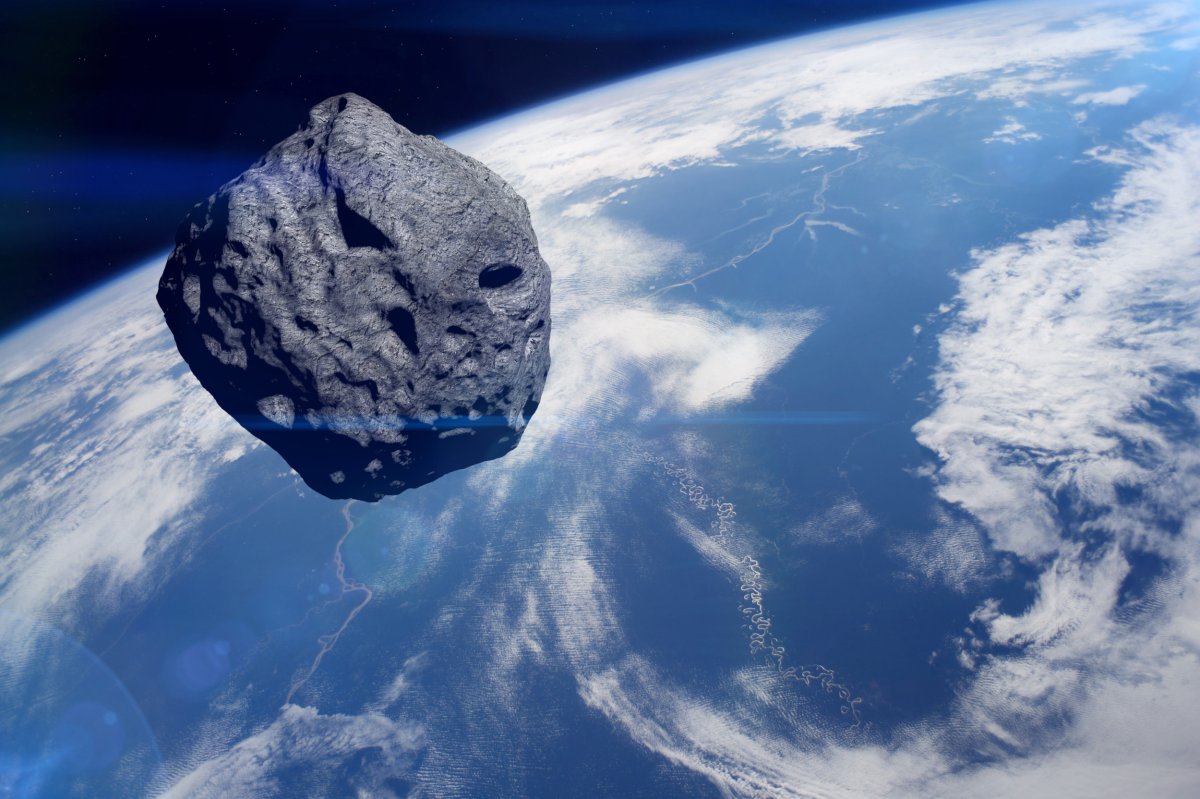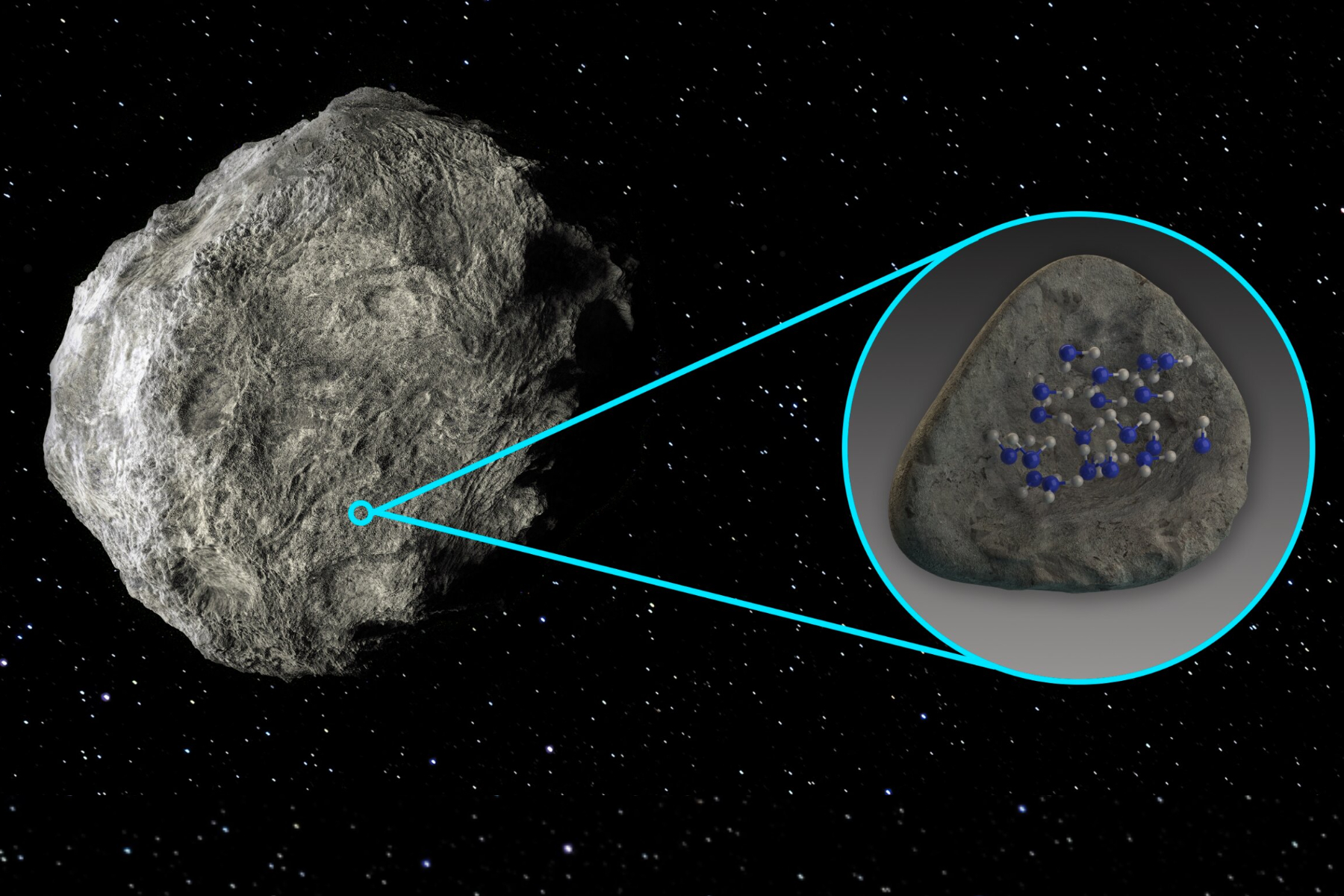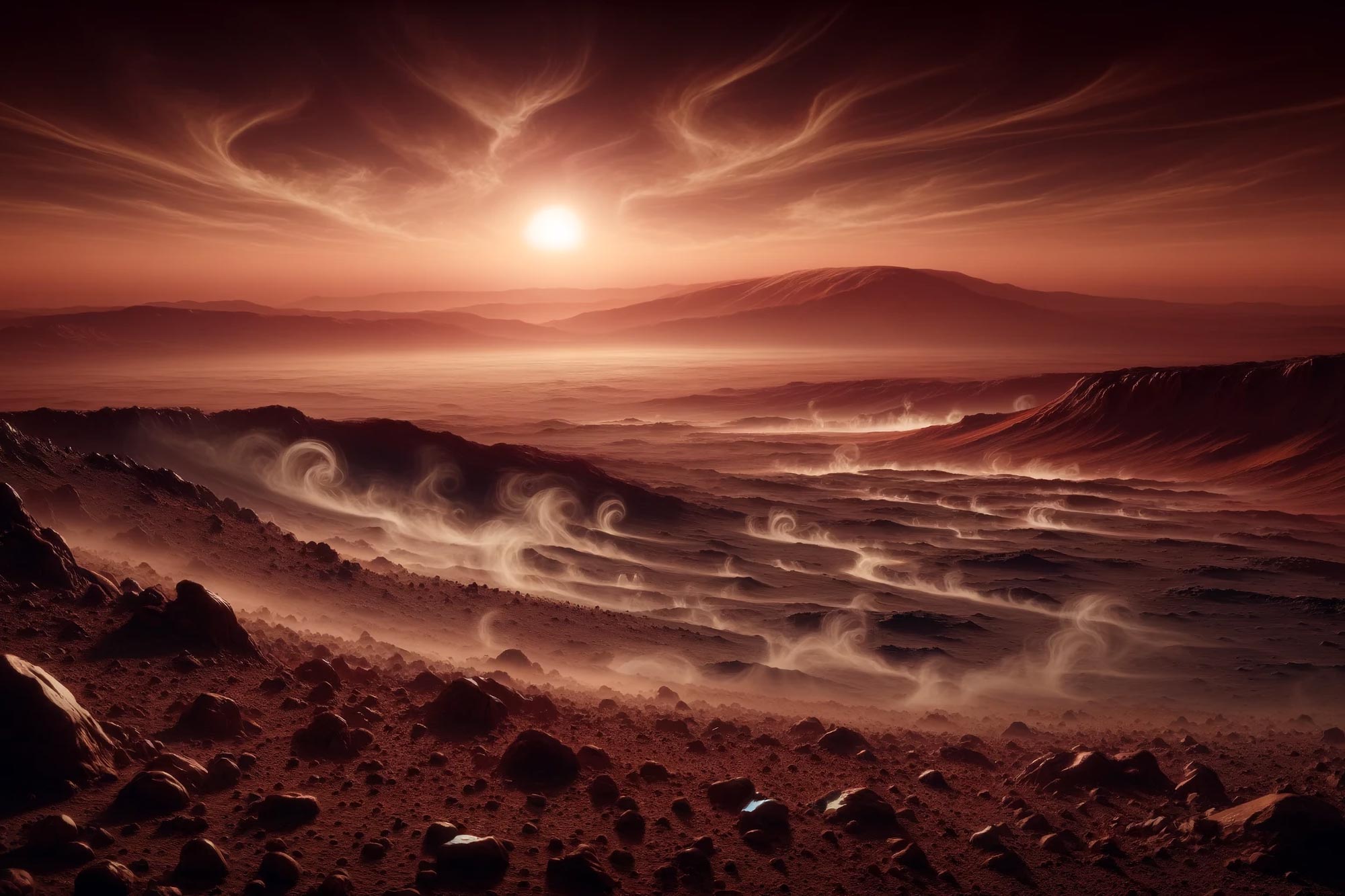Water has been found on the surface of two asteroids for the first time, scientists said in a new paper.
Two silicate-rich asteroids were detected by the retired Stratospheric Observatory for Infrared Astronomy (SOFIA) that were giving off a specific wavelength of light that indicated the presence of molecules of water, according to research published in The Planetary Science Journal.
The discovery may have major implications for theories about how water initially made its way to our own planet. It could have been delivered via asteroid impact.
NASA/Carla Thomas/Southwest Research Institute
“Asteroids are leftovers from the planetary formation process, so their compositions vary depending on where they formed in the solar nebula,” paper co-author Anicia Arredondo, an asteroid researcher at the Southwest Research Institute, said in a statement. “Of particular interest is the distribution of water on asteroids, because that can shed light on how water was delivered to Earth.”
SOFIA, a joint project of NASA and the German Space Agency (DLR), examined four asteroids, named Iris, Massalia, Parthenope and Melpomene. Iris and Massalia—which are 124 miles and 84 miles in diameter, respectively—were found to have an infrared signature that matched that of water, the paper explains.
“We detected a feature that is unambiguously attributed to molecular water on the asteroids Iris and Massalia,” Arredondo said. “We based our research on the success of the team that found molecular water on the sunlit surface of the moon. We thought we could use SOFIA to find this spectral signature on other bodies.”
The paper states that water may be present in several forms, including being stuck on the surface of silicates, trapped or dissolved in silicate glass, or chemically bound to a mineral.
“Based on the band strength of the spectral features, the abundance of water on the asteroid is consistent with that of the sunlit moon,” Arredondo said. “Similarly, on asteroids, water can also be bound to minerals as well as adsorbed to silicate and trapped or dissolved in silicate impact glass.”
There are around 1 million asteroids in our solar system, and it was previously assumed that water present on the surface would have evaporated into space long ago due to the heat of the sun. However, this study shows that some asteroids closer to the sun have kept some water, suggesting that it may be more common in the inner solar system than first thought.

ISTOCK / GETTY IMAGES PLUS
This may also imply that water on Earth may have arrived via asteroids that were flung toward our planet in the early days of the solar system.
“Asteroids, comets, and their associated dust and debris, are continually being nudged around by the gravity of the planets – changing the paths they follow through space,” Jonti Horner, an astrophysics professor at the University of Southern Queensland, Australia, told Newsweek.
SOFIA was previously used to detect traces of water on the surface of the moon, with around a 12-ounce bottle’s worth of water being seen in about a cubic meter of lunar soil.
Further research will be done to investigate if the other two asteroids, Parthenope and Melpomene, also possess water on their surfaces. The James Webb Space Telescope will be used to examine the asteroids in more detail.
“We have conducted initial measurements for another two asteroids with Webb during cycle two,” Arredondo said. “We have another proposal in for the next cycle to look at another 30 targets. These studies will increase our understanding of the distribution of water in the solar system.”
Do you have a tip on a science story that Newsweek should be covering? Do you have a question about asteroids? Let us know via [email protected].
Uncommon Knowledge
Newsweek is committed to challenging conventional wisdom and finding connections in the search for common ground.
Newsweek is committed to challenging conventional wisdom and finding connections in the search for common ground.

Dr. Sarah Adams is a scientist and science communicator who makes complex topics accessible to all. Her articles explore breakthroughs in various scientific disciplines, from space exploration to cutting-edge research.






:max_bytes(150000):strip_icc()/1-Herb-for-Brain-Health-According-to-a-Dietitian-8dc78ddf64804179b2f4fece2f4c6576.jpg)

